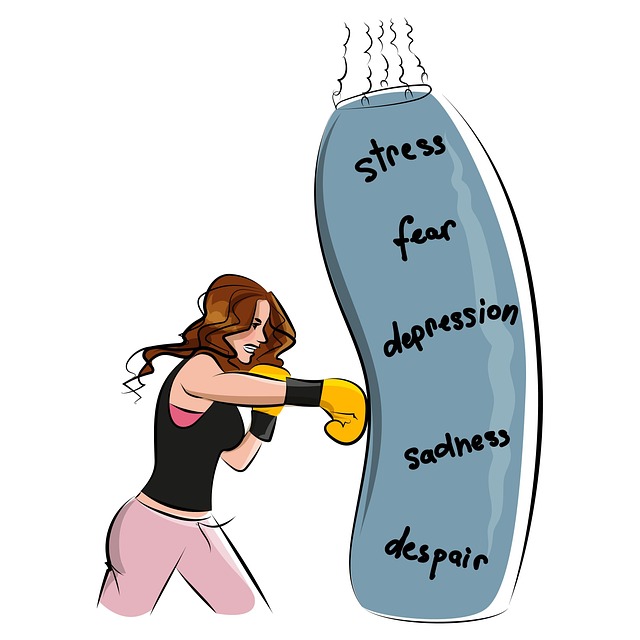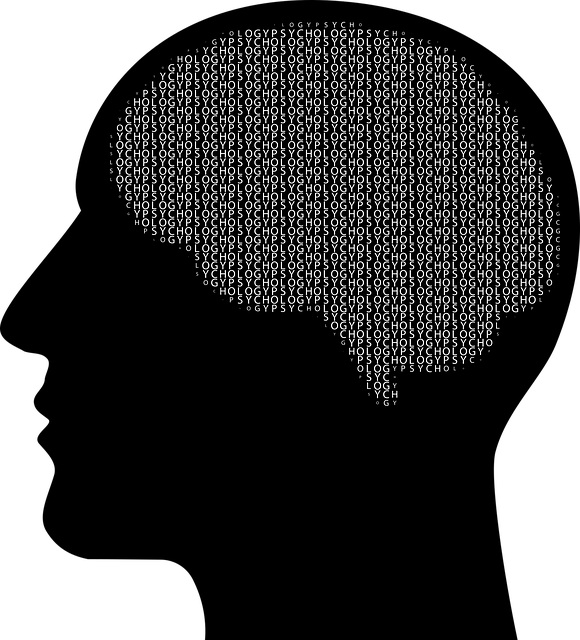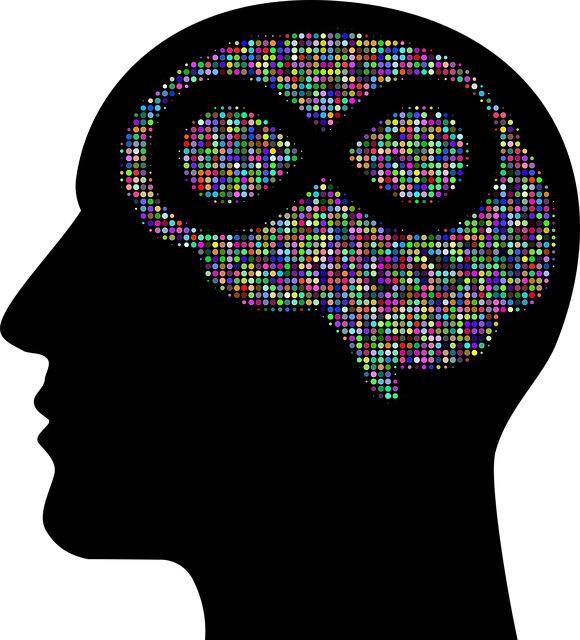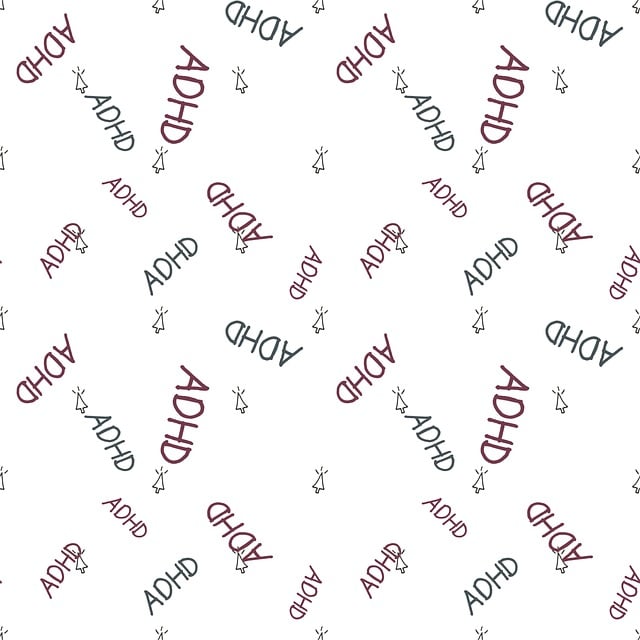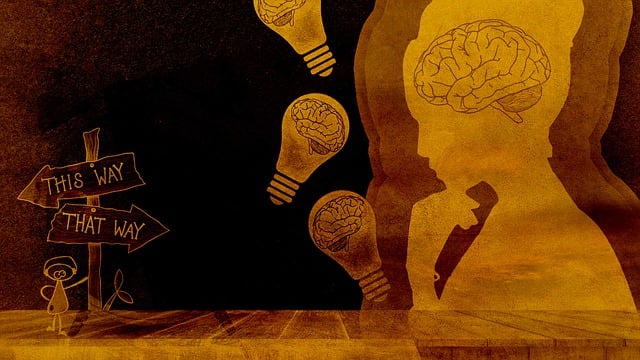The effectiveness of mental wellness programs, particularly those designed for bipolar disorder like Englewood Bipolar Disorder Therapy, relies on comprehensive assessment tools. This includes standardized scales like the Englewood Bipolar Disorder Therapy scale and clinical measurements from tools such as HAM-D and BSS to track symptoms, treatment adherence, and functionality. Self-report questionnaires gauge mental resilience while surveys evaluate public awareness campaigns. Engagement and Satisfaction Surveys are vital for therapists to tailor their approach, ensuring programs align with individual needs. Client feedback is heavily emphasized, facilitating qualitative analysis that refines interventions and enhances patient care, ultimately improving outcomes.
Evaluating mental wellness programs is paramount in ensuring effective treatment, especially for conditions like bipolar disorder. This article delves into various methods to assess the success of therapy initiatives, from quantitative assessment tools and engagement surveys to qualitative client feedback and clinical outcome evaluation. By exploring these comprehensive approaches, we can gain valuable insights into enhancing Englewood Bipolar Disorder Therapy, fostering better patient outcomes, and tailoring care to individual needs.
- Assessment Tools for Mental Health Programs
- Engagement and Satisfaction Surveys
- Clinical Measurements and Outcome Evaluation
- Client Feedback and Qualitative Analysis
Assessment Tools for Mental Health Programs

Mental wellness programs rely on robust assessment tools to gauge their effectiveness and impact. These tools are essential for understanding the needs of individuals seeking support and tracking progress over time. One such tool, tailored for conditions like bipolar disorder, is the Englewood Bipolar Disorder Therapy scale. This assessment helps professionals evaluate symptoms, treatment adherence, and overall functionality in patients with bipolar disorder, enabling them to adjust therapy plans accordingly.
Additionally, programs focused on inner strength development often employ self-report questionnaires to measure individuals’ perceived mental resilience and coping strategies. These assessments, combined with qualitative feedback from participants, provide valuable insights into the success of initiatives aimed at fostering adaptability and emotional well-being. Moreover, public awareness campaigns can be evaluated through surveys gauging changes in knowledge, attitudes, and behaviors related to mental health issues within targeted communities.
Engagement and Satisfaction Surveys

Engagement and Satisfaction Surveys are essential tools for evaluating mental wellness programs, particularly those focusing on conditions like bipolar disorder. These surveys gauge participants’ experiences, offering valuable insights into the program’s effectiveness and impact. By collecting feedback, therapists can tailor their approach, ensuring the program aligns with the unique needs of each individual. For instance, an Englewood Bipolar Disorder Therapy program can use these surveys to assess satisfaction levels related to communication strategies employed, the utility of Mind Over Matter principles taught, and overall enjoyment of the Mental Wellness Podcast Series Production.
The data gathered from such surveys not only helps in program refinement but also fosters a sense of ownership among participants. Knowing their input is valued encourages active engagement, making therapy more effective and meaningful. Regularly reviewing and acting upon survey results can drive continuous improvement, ensuring the mental wellness program remains responsive to the evolving needs and preferences of its clientele.
Clinical Measurements and Outcome Evaluation

Clinical measurements play a pivotal role in evaluating mental wellness programs, particularly for conditions like bipolar disorder. These assessments typically involve standardized tools and scales that gauge symptoms, severity, and progress over time. For instance, the Hamilton Depression Rating Scale (HAM-D) or the Bipolar Specifc Scale for Evaluation of Treatment (BSS) can help track changes in mood episodes, mania symptoms, and overall functioning. Such quantitative data provides tangible evidence of a program’s effectiveness, allowing for informed decisions about treatment adjustments and client outcomes.
Outcome evaluation is an integral component of this process, focusing on the long-term benefits and improvements experienced by participants. This involves not only measuring symptom reduction but also gauging enhanced coping mechanisms, improved social interactions, and better overall quality of life. For Englewood Bipolar Disorder Therapy programs that incorporate communication strategies, conflict resolution techniques, and social skills training, outcome evaluation can demonstrate the program’s ability to empower individuals with tools for self-management and sustainable mental wellness.
Client Feedback and Qualitative Analysis

Client feedback is a powerful tool for evaluating mental wellness programs, particularly when it comes to complex conditions like bipolar disorder. At Englewood Bipolar Disorder Therapy, we believe in fostering open and honest communication with our clients. This involves encouraging them to share their experiences, perceptions of treatment effectiveness, and suggestions for improvement. Qualitative analysis of these feedback mechanisms provides valuable insights into the emotional healing processes at play. By understanding clients’ perspectives, healthcare providers can tailor interventions and strategies more effectively.
For instance, client feedback may highlight the importance of specific communication strategies in managing symptoms. This information can guide further training for healthcare provider cultural competency, ensuring a more inclusive and responsive therapeutic environment. Such insights are crucial for refining programs and enhancing patient care, ultimately leading to better outcomes for individuals navigating bipolar disorder and other mental health challenges.
Evaluating mental wellness programs is essential for ensuring effective support, particularly for conditions like bipolar disorder. By utilizing a combination of assessment tools, engagement surveys, clinical measurements, and client feedback, programs like Englewood Bipolar Disorder Therapy can measure success, identify areas for improvement, and ultimately enhance the well-being of their clients. A holistic approach to evaluation allows for tailored interventions and fosters better outcomes in the treatment journey.

